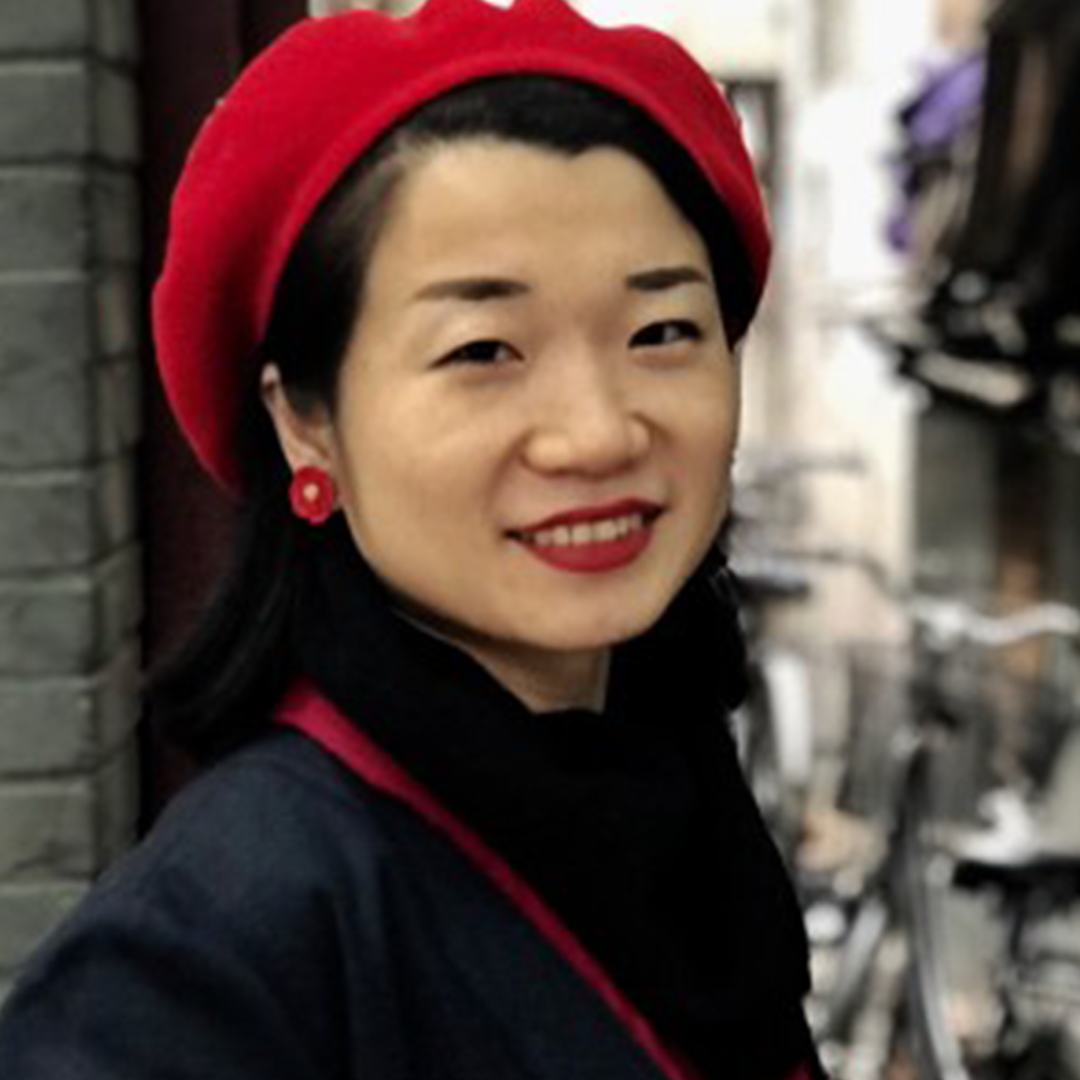12 Jul 2024 | Europe and Central Asia, France, Germany, Netherlands, News and features, Russia
A network of accounts flooded social media with disinformation in the run-up to the European Parliamentary elections a new report has found.
The report was commissioned by the Social Democrats in the European Parliament (S&D) grouping together with the Dutch delegation GroenLinks-PvdA and produced by disinformation specialisists Trollrensics.
It reveals that organised networks of thousands of accounts, which the researchers believe are of likely Russian origin, actively influenced public opinion on X in France and Germany during the elections while voters in the Netherlands, Italy and the English-speaking public were also affected by the troll networks
Trollrensics’ data analysis showed that at least 20% of all tweets about the French far-right politician Zemour came from this troll network, for example. However, the research company estimated the actual percentage is significantly higher as the networks manipulated the X algorithm to amplify specific themes.
The research also found that German political party AfD received a huge boost thanks to the troll army. At least 10.7% of the tweets about the AfD came from the disinformation network.
The network focused mainly on spreading pro-Russian propaganda, messages about anti-vaxxers with anti-vaccination narratives and anti-LGBTIQ+ messages.
Thijs Reuten, an MEP for the S&D, said, “We commissioned this independent study as we were curious about the extent of online foreign interference and how measurable it is – especially because this sometimes seems so hard to ascertain. This study has shown that significant influence took place during the European elections. Troll armies managed to make topics trend and at the same time make certain news reports less visible.”
Reuten added, “This clearly shows our democracy is vulnerable and that foreign powers are willing to spend a lot of money and effort to sow division in our population. We need to defend ourselves better against such organised attempts of foreign interference. I expect the European Commission and the intelligence services to be on top of this. Our open society is in danger if troll armies are able to manipulate social media and, therefore, the public debate”.
The report confirms concerns from European groups that large-scale troll networks from Russia were attempting to influence the outcome of the elections.
3 Jan 2024 | China, News and features, Taiwan
As Taiwan gears up for the presidential and legislative election on 13 January, the Chinese government is also ramping up its efforts to interfere. From sponsored trips to China for local leaders, economic coercion, fake opinion polls, and disinformation campaigns, some analysts say the wide-ranging tactics that Beijing has unleashed will have an impact on the election’s outcome.
In recent weeks, Taiwanese authorities have launched investigations into several cases of individuals attempting to sway voters by inviting local borough chiefs and village leaders on group tours to China. These trips are partially sponsored by local Chinese authorities.
During the trips, participants were allegedly encouraged by officials from China’s propaganda department to vote for political parties and candidates favoured by Beijing. At least one man has been indicted while several others are facing ongoing investigations.
Apart from sponsored trips, Beijing also rolled out coercive economic measures to pressure Taiwan, suspending tariff relief on imports of 12 Taiwanese petrochemical products, and blaming it on the trade barriers enacted by Taiwan’s ruling Democratic Progressive Party.
“Since 2023 is a major year of cross-strait exchange for China, Chinese authorities have devoted a lot of resources to facilitate influence campaigns against Taiwan,” Puma Shen, chairperson of Taipei-based research group Doublethink Lab, told Index on Censorship. “They want to make sure that Taiwanese people feel threatened but also are not too afraid of the influence campaigns from China.”
The most recent example of China’s influence campaign is an investigation into alleged lip-sync by popular Taiwanese rock band Mayday, a practice that is banned for live musicians in China. A Taiwanese security agency internal memo claims the investigation is Beijing’s attempt to pressure the rock band into publicly supporting the position that Taiwan is a part of China.
Shen from Doublethink Lab said Taiwanese people who have huge financial stakes in China, such as artists and businessmen, often become targets of China’s influence campaign. “Even though they are earning money in China, they are more like victims,” he said.
Multi-pronged cognitive warfare
In addition to economic coercion and influencing local politicians, some experts say China has also launched multi-pronged cognitive warfare against Taiwan ahead of the election, amplifying narratives criticising the ruling party through state media outlets and initiating disinformation campaigns on social media platforms, including TikTok, YouTube and Facebook.
Over the last few months, China’s state-run media outlets have repeated the narrative that the ruling Democratic Progressive Party (DPP) is pushing Taiwan to the brink of war with its efforts to pursue “Taiwan independence”. The narrative resonates with criticisms against the DPP by opposition candidates in Taiwan, who have repeatedly accused DPP’s presidential candidate, Lai Ching-te, of being “the golden child of Taiwan independence.”
There are also signs that Chinese state media and online troll groups are amplifying narratives aimed at damaging the image and credibility of the Taiwanese government, including controversial domestic issues such as the de-sinicization of Taiwan’s curriculum and scepticism toward the Taiwanese government’s deepened relations with the USA.
According to Taiwan AI Labs, online troll groups have mirrored narratives promoted by Chinese state media, including the People’s Daily, Haiwainet, Xinhua News Agency, Global Times, and China Central Television (CCTV). While there is no direct evidence to prove that China is behind all online troll groups, Taiwan AI Labs said their behaviours fit the criteria of autocratic countries’ interference in democratic elections.
“Since the online troll groups promote narratives about Taiwanese domestic issues and U.S. President Joe Biden and there is a high similarity between the narratives they promote and the narratives preferred by Chinese state media, we can conclude that it fits the methods that autocratic countries use to interfere in democratic elections,” Ethan Tu, the founder of Taiwan AI Labs, said.
Compared to China’s efforts to interfere in previous Taiwan elections, it is becoming harder to determine whether disinformation targeting the upcoming Taiwanese election originates from China or not.
“This time around, it’s very difficult to determine whether the disinformation originates from China or is created by actors within Taiwan,” Chiaoning Su, an associate professor in communication, journalism, and public relations at Oakland University, told Index on Censorship.
In her view, China has built up a better understanding of public opinion in Taiwan and they realise that for efforts of election interference to work, the narratives they amplify need to match the trend in Taiwan’s public opinion.
“The way that China is amplifying social economic issues such as the controversy of lack of eggs or the debate about reducing the amount of ancient Chinese literature in the curriculum shows that their efforts to initiate disinformation campaign are becoming more localised and harder to trace,” Su said.
Shen from Doublethink Lab said one of the main goals of China’s disinformation campaign is to denigrate democracy. “They want to show the Taiwanese public that Taiwan’s democracy is a mess and that while the DPP claims to protect democracy and freedom, in the end, it is not democratic and free at all,” he told Index on Censorship.
Since Taiwan is a democracy that values freedom of speech, Shen thinks Taiwanese authorities need to deal with the threats that come with China’s election interference through ways that will safeguard Taiwanese people’s freedom of expression, by specifically identifying remarks which originate from sources external to Taiwan.
“Otherwise, they will fall into China’s trap,” he said.
10 Oct 2012 | Uncategorized
I spent the morning at the Crown Prosecution Service’s offices in London, taking part in a round table discussion on guidelines for prosecuting offences committed on social media and emphasising recent prosecutions impact on free speech.
The consultations, chaired by DPP Keir Starmer — the most senior prosecutor in England and Wales — are taking place in a week when social media prosecutions are very much in the news. On Monday, Matthew Woods was sentenced to 12 weeks in prison for unpleasant, distasteful remarks on Facebook about missing Welsh schoolgirl April Jones. On Tuesday, Azhar Ahmed was given community service and a £300 fine for suggesting — again on Facebook — that British soldiers should burn in hell.
Index condemned these prosecutions and that of Paul Chambers, whose quip that he would blow Doncaster’s Robin Hood airport “sky high” landed him in deep trouble before the Lord Chief Justice ruled that his joke should be taken as just that.
It’s clear to many that there is a problem with the law and social media, in particular the use of Section 127 of the Communications Act, which states that a person is guilty of an offence if she “sends by means of a public electronic communications network a message or other matter that is grossly offensive or of an indecent, obscene or menacing character.”
At the meeting today, the DPP seemed to share Index’s unease with the use of this law, pointing out that its genealogy dates back to the 1930s, and laws to protect telophone operators from abuse.
This was certainly encouraging to hear. But Starmer was keen to point out that prosecutors can only work within the existing laws — it is up to others to change the law.
What was not so encouraging was his view of the Lord Chief Justice’s opinion offered in the Twitter Joke Appeal.
In his ruling (par 28), Baron Judge commented that “Satirical, or iconoclastic, or rude comment, the expression of unpopular or unfashionable opinion about serious or trivial matters, banter or humour, even if distasteful to some or painful to those subjected to it…” should not be interfered with by the Communications Act
Many of us had hoped that this ruling would set a precedent, or at least provide guidance for police and prosecutors in future cases. But when I raised this with the DPP today, he suggested that he did not feel that the Lord Chief Justice had any intention of that principle being extended beyond the specifics of the Twitter Joke Trial.
To me this seems odd, as it is clearly a comment on the broad purpose of the Communications Act.
This point can be stressed when the CPS launches its public consultation in November.
On a slightly more positive note, the DPP was willing to entertain the idea that “not intended to be taken seriously” could be seen as a mitigating factor in decisions on whether to prosecute.
There were some other notable aspects in the meeting.
As Dan Sabbagh has reported and I can confirm, the DPP seems very keen on greater involvement/responsibilty for Internet Service Providers in policing content. But given the broad nature of the term “service provider”, this could prove difficult to pin down (as a representative of the Internet Service Providers’ Association pointed out).
The DPP also was keen to look into the distinction between a “victim” and an “offended bystander”, in cases where endless retweets and media attention can suddenly escalate a mere tweet into a national news story.
It’s hugely important for anyone who uses the web but especially those with a Facebook or Twitter account that the CPS gets this right. The future of free speech is at stake.
Padraig Reidy is News Editor at Index on Censorship



